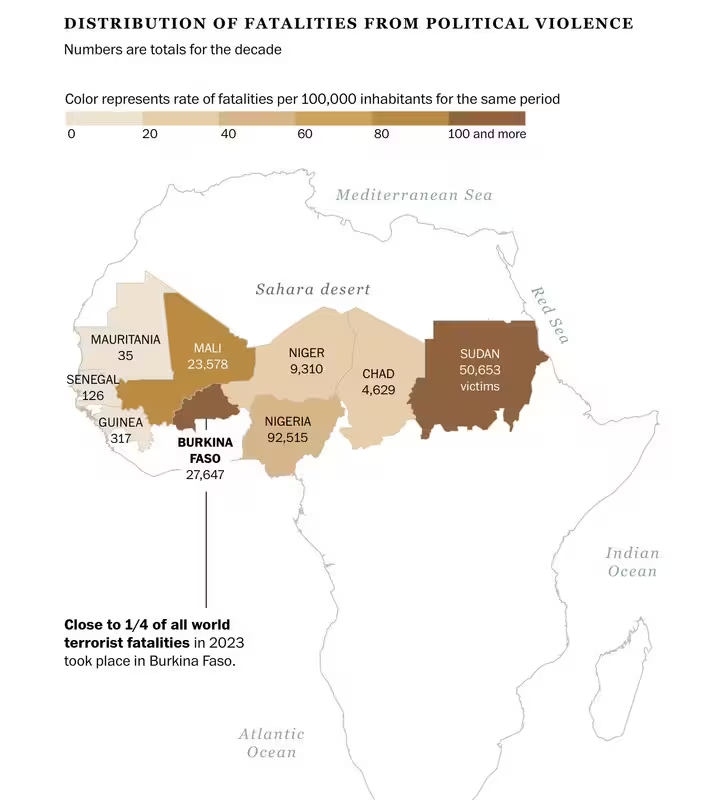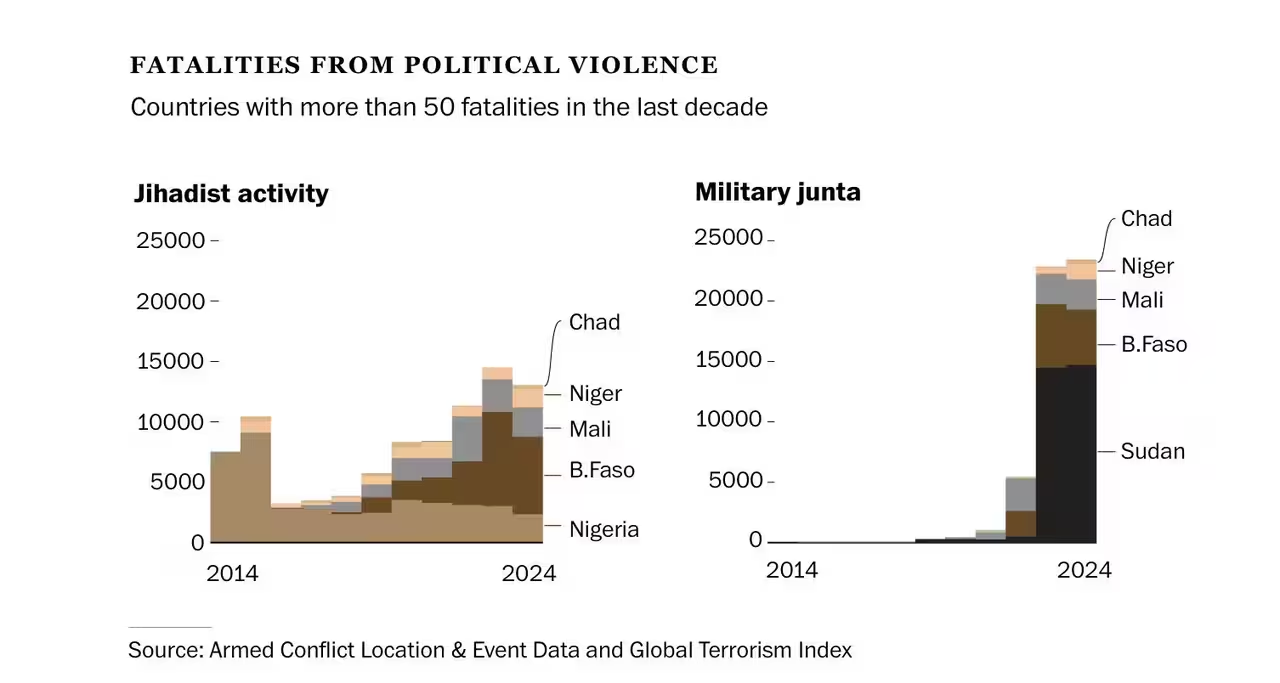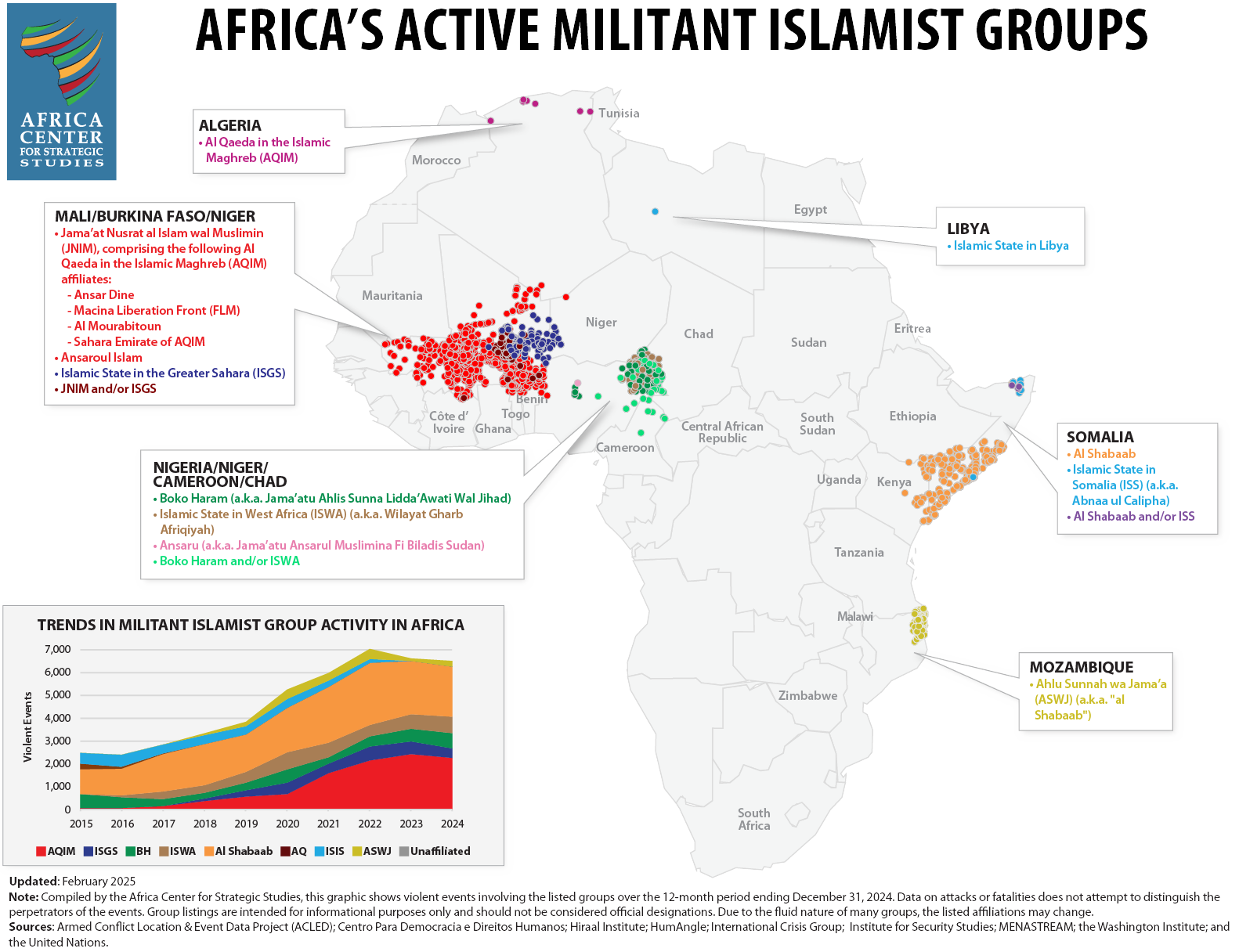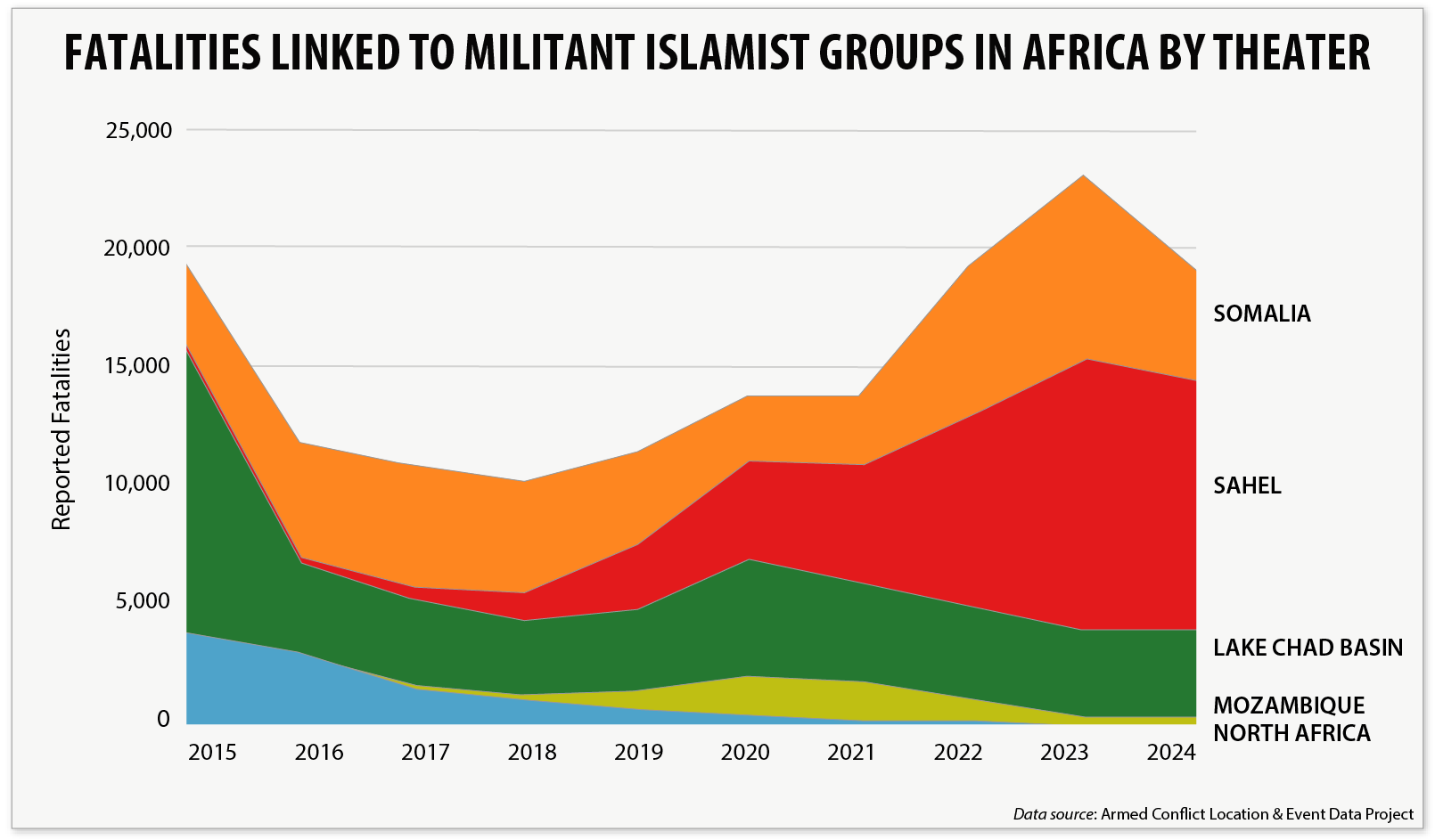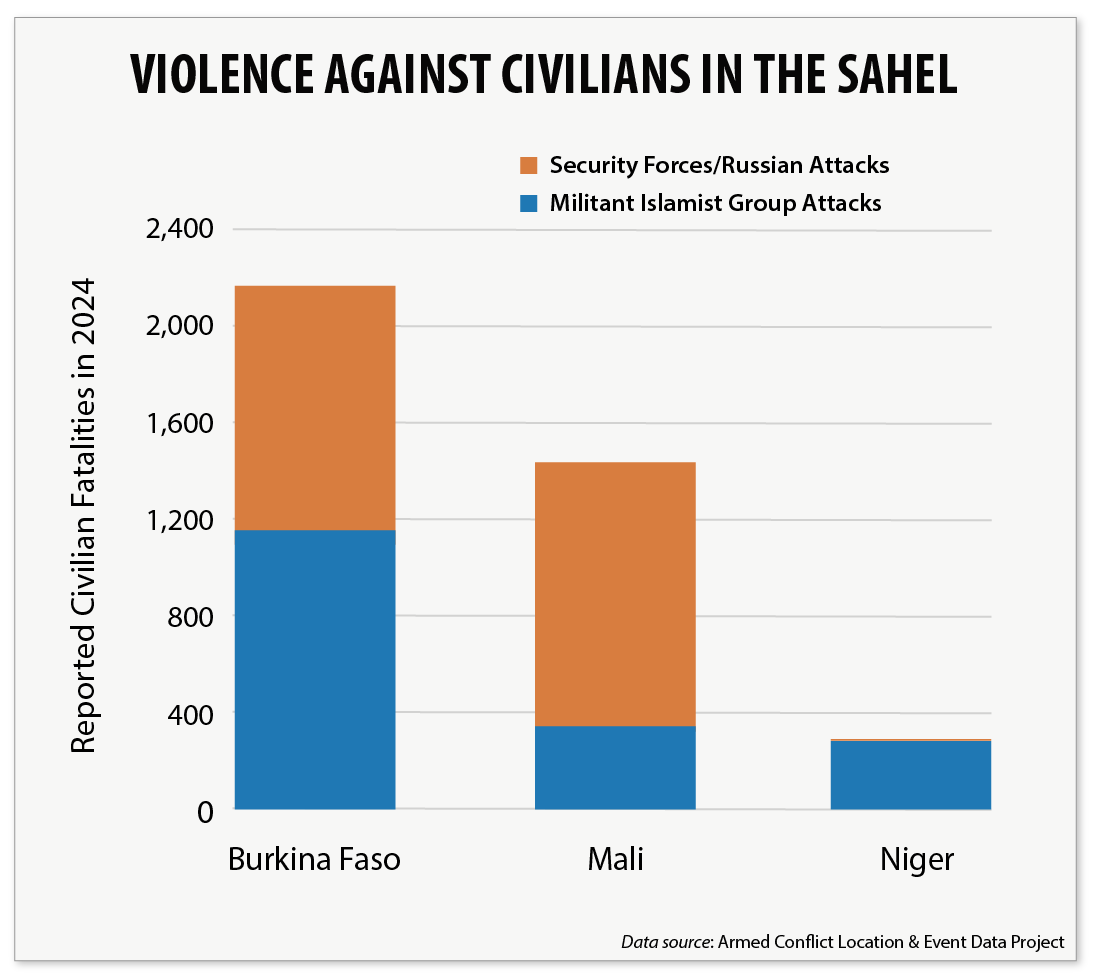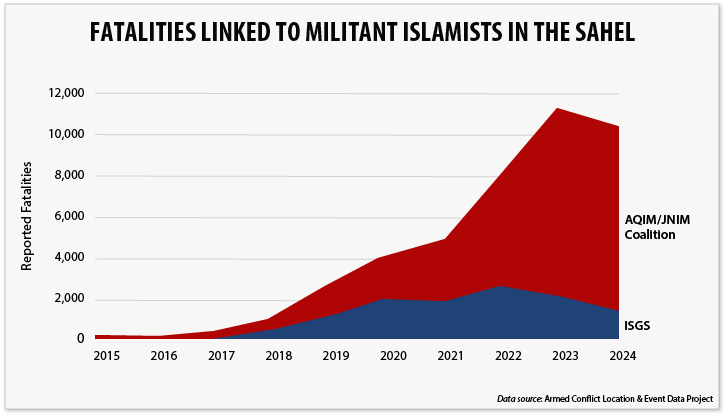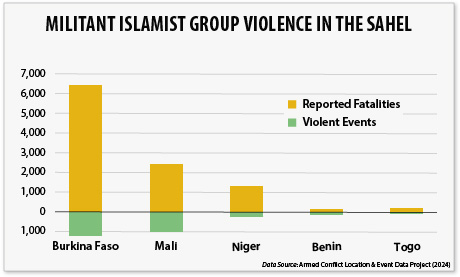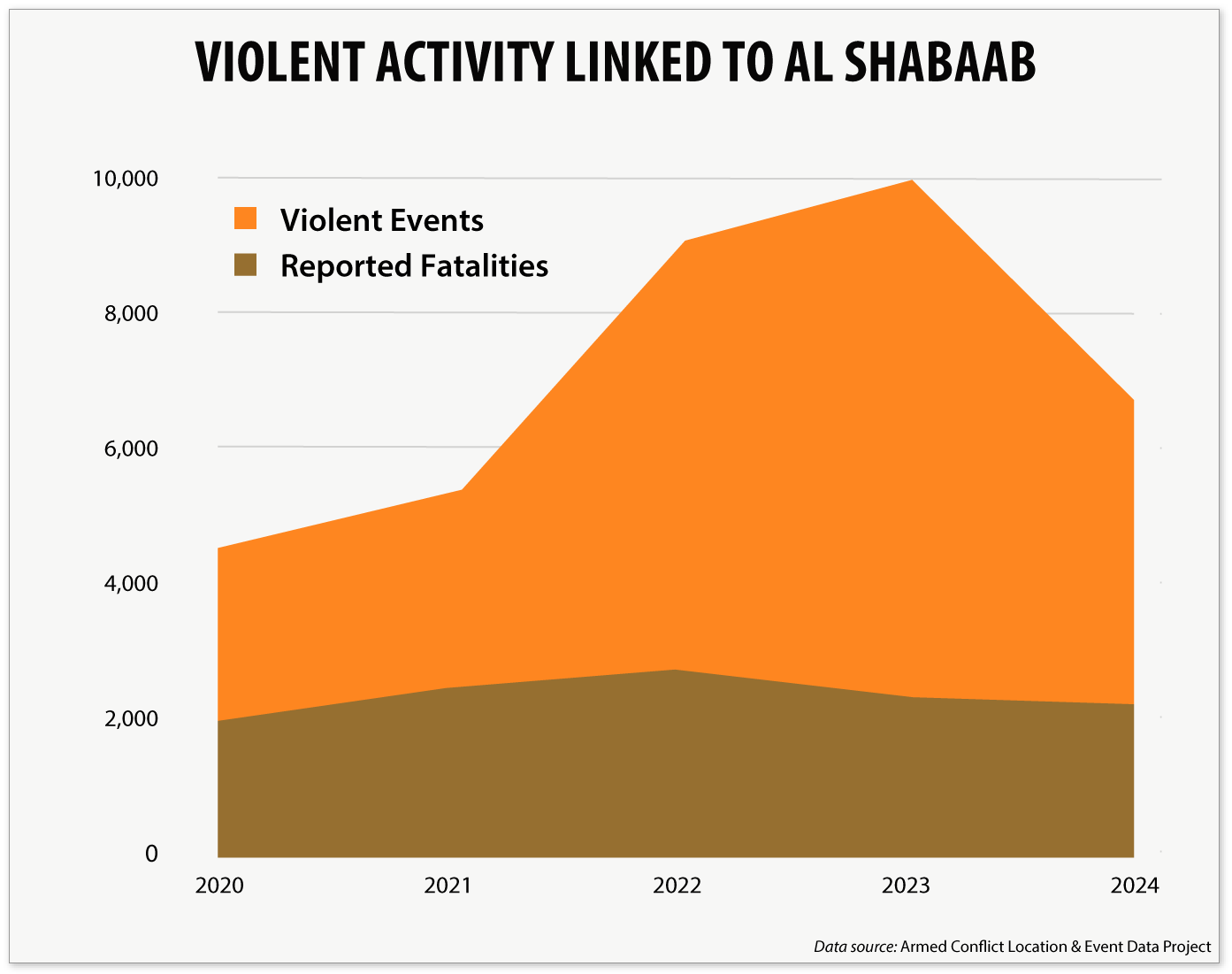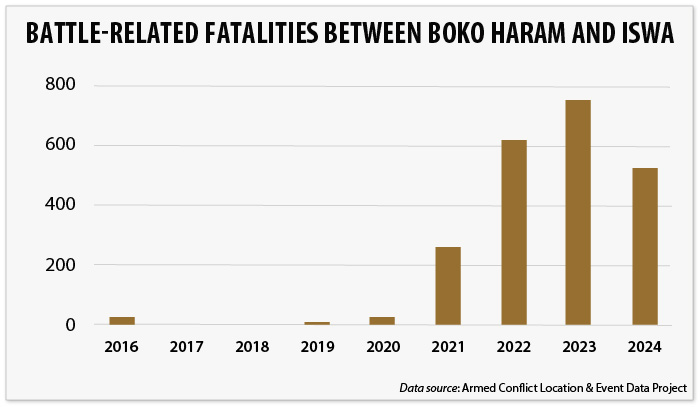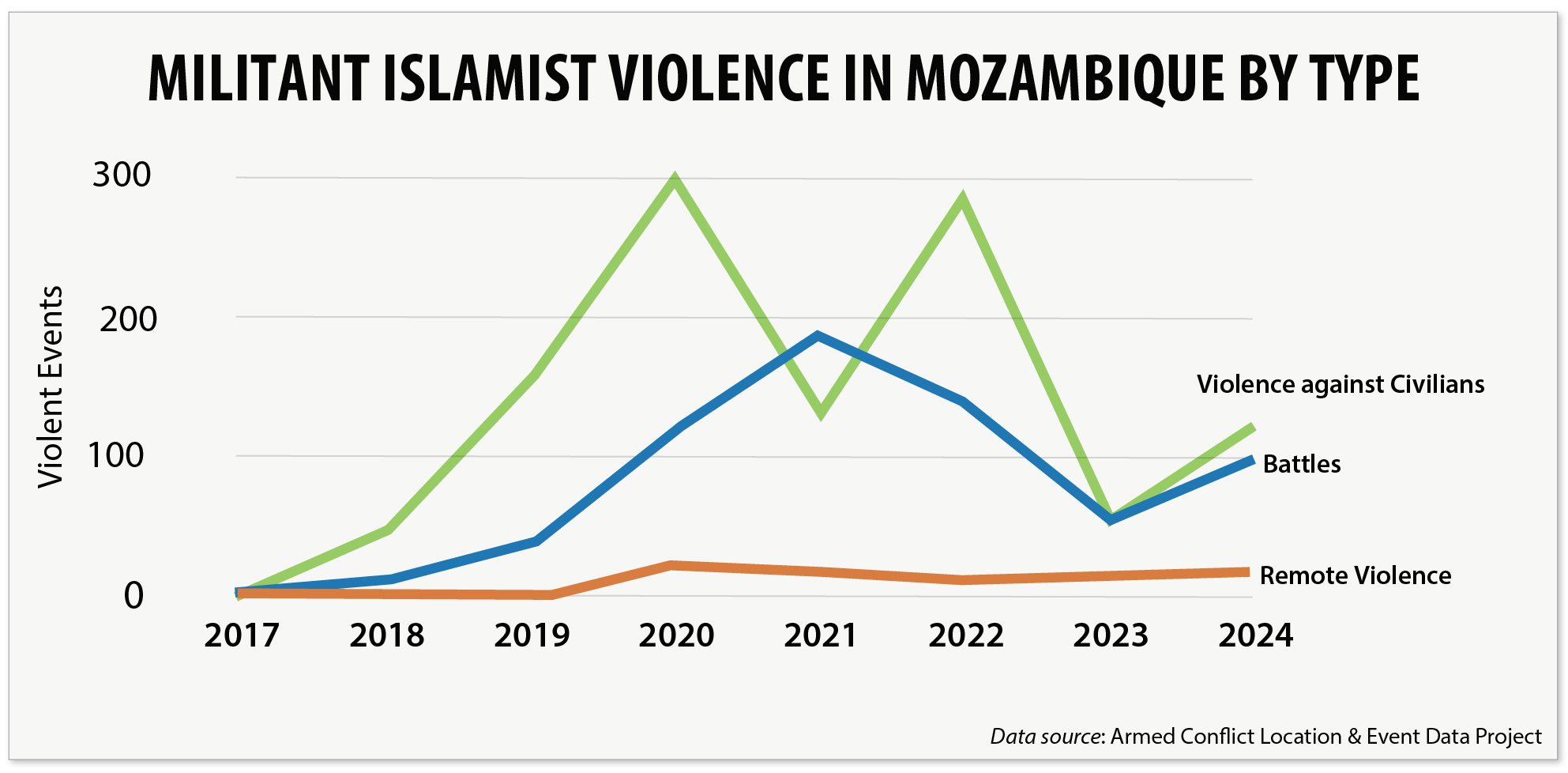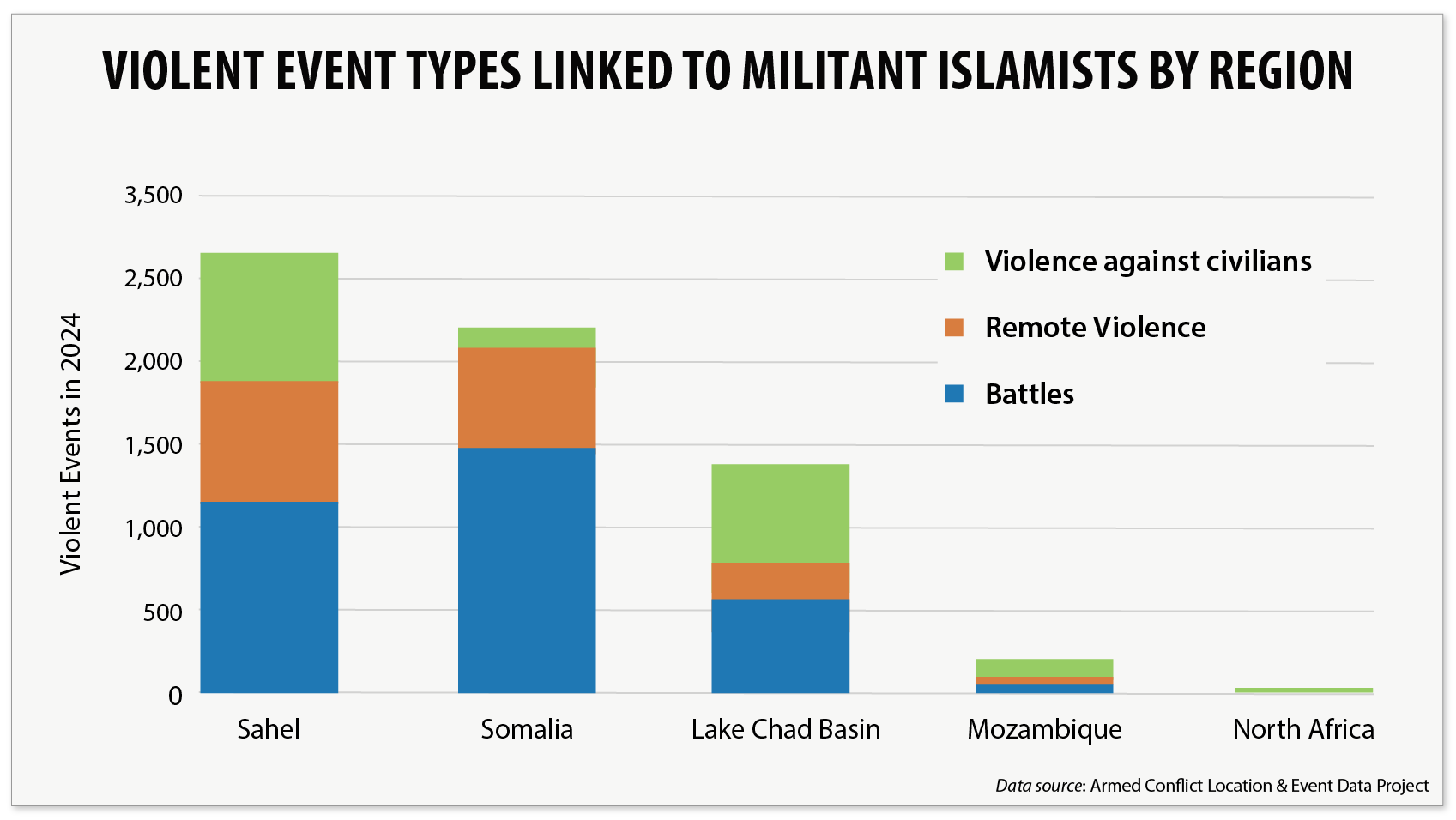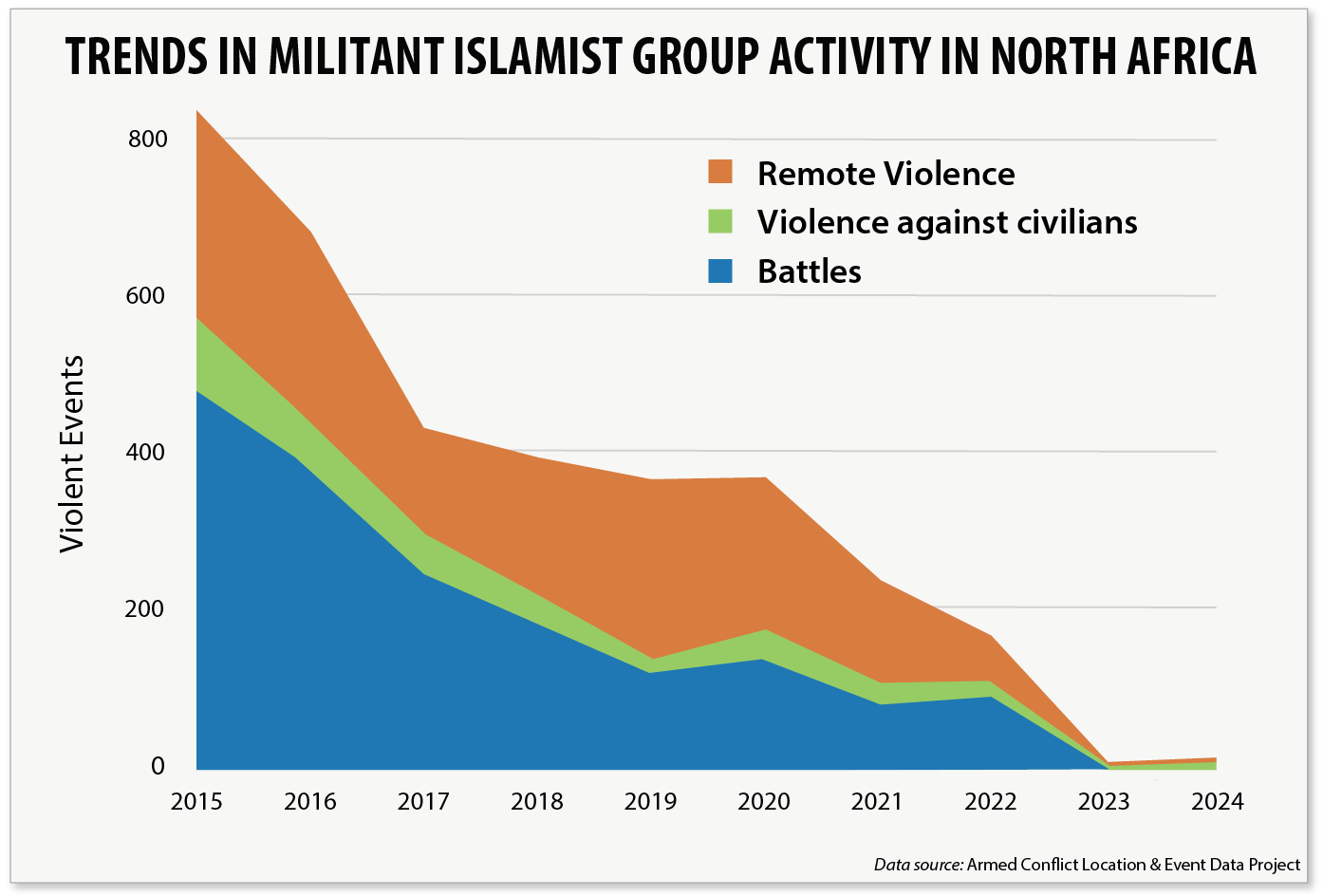You are using an out of date browser. It may not display this or other websites correctly.
You should upgrade or use an alternative browser.
You should upgrade or use an alternative browser.
THE PIVOT TO AFRICA 🌍 THREAD
- Thread starter ☑︎#VoteDemocrat
- Start date
More options
Who Replied?88m3
Fast Money & Foreign Objects
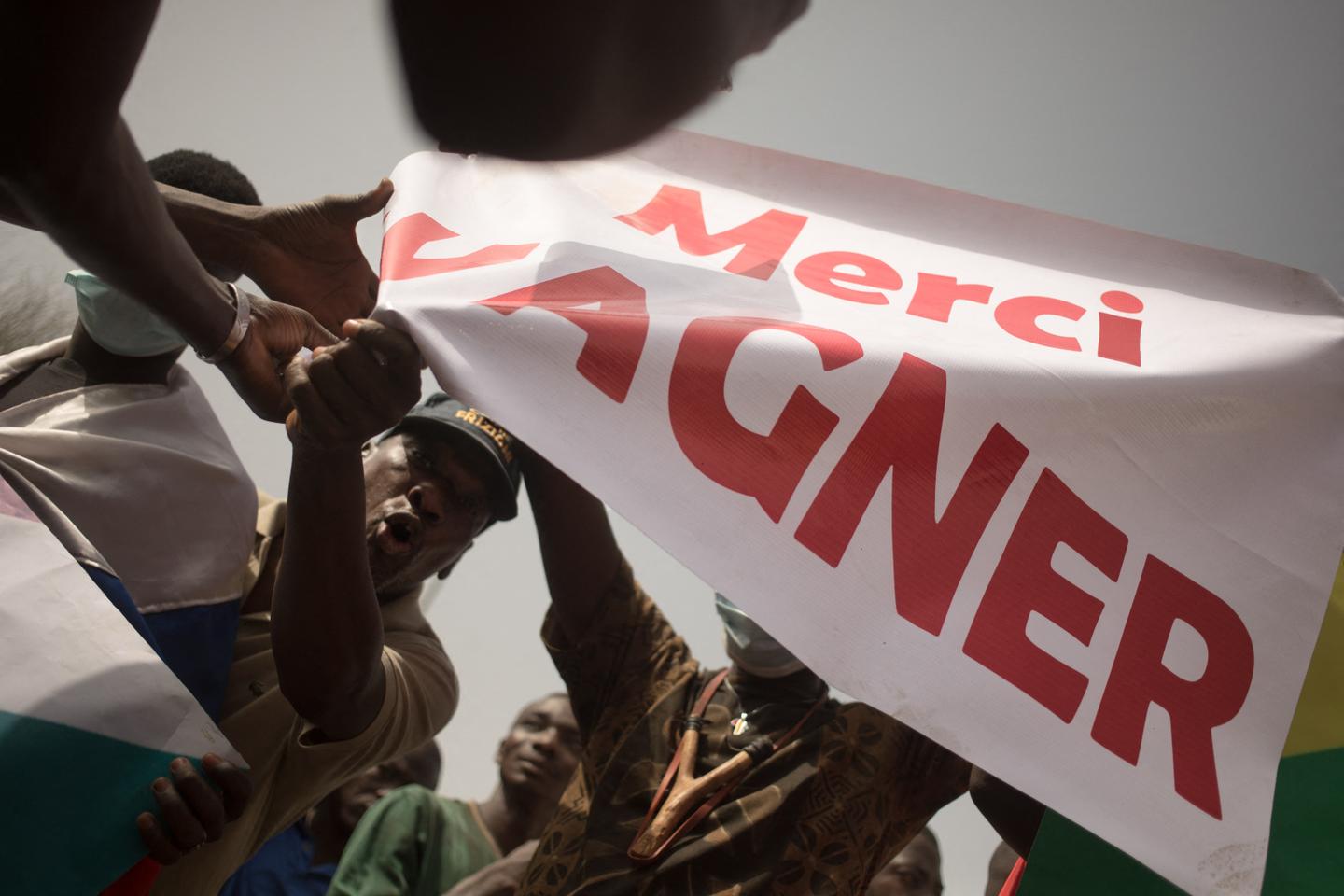
Au Mali, la Russie accélère le tempo du remplacement de Wagner
Le Mali est l’un des derniers pays où les paramilitaires de Wagner poursuivent leurs activités. Mais Moscou s’active pour les remplacer ou les intégrer dans un nouveau dispositif sous la coupe du ministère de la défense.
 www.lemonde.fr
www.lemonde.fr
@Nkrumah Was Right come pick up your roubles and your wet wipes
Au Mali, la Russie accélère le tempo du remplacement de Wagner
Le Mali est l’un des derniers pays où les paramilitaires de Wagner poursuivent leurs activités. Mais Moscou s’active pour les remplacer ou les intégrer dans un nouveau dispositif sous la coupe du ministère de la défense.www.lemonde.fr

Nkrumah Was Right
Superstar
@Nkrumah Was Right come pick up your roubles and your wet wipes
You’re a smelly urine drunkard from Mumbai, autistic, and possibly suffering from gender dysphoria
Tagging me in your psyop threads is a mark of desperation for relevance



US in exploratory talks with DR Congo over mineral deal
Central African nation seeks military support against rebel offensive in exchange for natural resources
 www.ft.com
www.ft.com

The bulldozing mayor remaking ‘Africa’s capital’
Addis Ababa project compared by officials to Haussmann’s remaking of Paris
 www.ft.com
www.ft.com
AP Exclusive: US and Israel look to Africa for moving Palestinians uprooted from Gaza
The U.S. and Israel have reached out to officials of three East African governments to discuss using their territories as potential destinations to move Palestinians from the Gaza Strip.
AP Exclusive: US and Israel look to Africa for moving Palestinians uprooted from Gaza
The U.S. and Israel have reached out to officials of three East African governments to discuss using their territories as potential destinations to move Palestinians from the Gaza Strip.
AP Exclusive: US and Israel look to Africa for moving Palestinians uprooted from Gaza
JERUSALEM (AP) — The U.S. and Israel have reached out to officials of three East African governments to discuss using their territories as potential destinations for moving Palestinians uprooted from the Gaza Strip under President Donald Trump’s proposed postwar plan, American and Israeli officials told The Associated Press.
The contacts with Sudan, Somalia and the breakaway region of Somalia known as Somaliland reflect the determination by the U.S. and Israel to press ahead with a plan that has been widely condemned and raised serious legal and moral issues. Because all three places are poor, and in some cases wracked by violence, the proposal also casts doubt on Trump’s stated goal of resettling Gaza’s Palestinians in a “beautiful area.”
Officials from Sudan said they have rejected overtures from the U.S., while officials from Somalia and Somaliland told The Associated Press that they were not aware of any contacts.
The idea of a mass transfer of Palestinians was once considered a fantasy of Israel’s ultranationalist fringe. But since Trump presented the idea at a White House meeting last month, Israeli Prime Minister Benjamin Netanyahu has hailed it as a “ bold vision.”
Palestinians in Gaza have rejected the proposal and dismiss Israeli claims that the departures would be voluntary. Arab nations have expressed vehement opposition and offered an alternative reconstruction plan that would leave the Palestinians in place. Rights groups have said forcing or pressuring the Palestinians to leave could be a potential war crime.
Still, the White House says Trump “stands by his vision.”
Speaking on condition of anonymity to discuss a secret diplomatic initiative, U.S. and Israeli officials confirmed the contacts with Somalia and Somaliland, while the Americans confirmed Sudan as well. They said it was unclear how much progress the efforts made or at what level the discussions took place.
Separate outreach from the U.S. and Israel to the three potential destinations began last month, days after Trump floated the Gaza plan alongside Netanyahu, according to the U.S. officials, who said that Israel was taking the lead in the discussions.
Israel and the U.S. have a variety of incentives — financial, diplomatic and security — to offer these potential partners. It is a formula that Trump used five years ago when he brokered the Abraham Accords — a series of mutually beneficial diplomatic accords between Israel and four Arab countries.
The White House declined to comment on the outreach efforts.
The offices of Netanyahu and Ron Dermer, the Israeli Cabinet minister and Netanyahu confidant who has been leading Israel’s postwar planning, also had no comment.
But Finance Minister Bezalel Smotrich, a longtime advocate of what he calls “voluntary” emigration of Palestinians, said this week that Israel is working to identify countries to take in Palestinians. He also said Israel is preparing a “very large emigration department” within its Defense Ministry.
Here is a closer look at the places the officials say have been approached.
Sudan
The North African country was among the four Abraham Accord nations that agreed to normalize diplomatic relations with Israel in 2020.
As part of the deal, the U.S. removed Sudan from its list of state supporters of terrorism, a move that gave the country access to international loans and global legitimacy. But relations with Israel never took off as Sudan plunged into civil war between government forces and the RSF paramilitary group.
The conflict has been marked by atrocities, including ethnically motivated killing and rape, according to the U.N. and rights groups. The International Criminal Court is investigating alleged war crimes and crimes against humanity, and then-President Joe Biden’s administration in January said the RSF and its proxies were committing genocide.
The U.S. and Israel would be hard-pressed to persuade Palestinians to leave Gaza, particularly to such a troubled country. But they could offer incentives to the Khartoum government, including debt relief, weapons, technology and diplomatic support.
Two Sudanese officials, speaking on condition of anonymity to discuss a sensitive diplomatic matter, confirmed that the Trump administration has approached the military-led government about accepting Palestinians.
One of them said the contacts began even before Trump’s inauguration with offers of military assistance against the RSF, assistance with postwar reconstruction and other incentives.
Both officials said the Sudanese government rejected the idea. “This suggestion was immediately rebuffed,” said one official. ”No one opened this matter again.”
Military chief Gen. Abdel-Fattah Burhan told an Arab leaders’ summit last week in Cairo that his country “categorically rejects” any plan that aims to transfer “the brotherly Palestinians from their land under whatever justification or name.”
Somaliland
Somaliland, a territory of over 3 million people in the Horn of Africa, seceded from Somalia over 30 years ago, but it is not internationally recognized as an independent state. Somalia considers Somaliland part of its territory.
Somaliland’s new president, Abdirahman Mohamed Abdullahi, has made international recognition a priority.
An American official involved in the efforts confirmed that the U.S. was “having a quiet conversation with Somaliland about a range of areas where they can be helpful to the U.S. in exchange for recognition.”
The possibility of U.S. recognition could provide an incentive for Abdullahi to back away from the territory’s solidarity with the Palestinians.
The United Arab Emirates, another Abraham Accord country that has developed strong ties with Israel, once had a military base in Somaliland and maintains commercial interests there, including a port. The territory’s strategic location, in the Gulf of Aden waterway near Yemen, home to the Houthi rebel group, could also make it a valuable ally.
Over the years, Somaliland has been lauded for its relatively stable political environment, contrasting sharply with Somalia’s ongoing struggles amid deadly attacks by al-Qaida-linked militant group al-Shabab. Since 1991, Somaliland has maintained its own government, currency and security structures. Still, it has one of the lowest income levels in the world.
An official in Somaliland, speaking on condition of anonymity because he was not authorized to talk to the media, said his government has not been approached and is not in talks about taking in Palestinians.
Somalia
Somalia has been a vocal supporter of the Palestinians, often hosting peaceful protests on its streets in support of them. The country joined the recent Arab summit that rejected Trump’s plan and seems like an unlikely destination for Palestinians, even if they did agree to move.
Sambu Chepkorir, a lawyer and conflict researcher in Nairobi, Kenya, said it is difficult to understand why Somalia would want to host Palestinians given the country’s strong support for Palestinian self-rule.
“The realignments keep changing, and so maybe there is a hidden agenda,” Chepkorir said.
A Somali official, speaking on condition of anonymity because he was not authorized to talk to the media, said the country had not been approached about taking in Palestinians from Gaza and there had been no discussions about it.

Wealth and Warfare Empower a Rwanda-Backed Militant Group in Congo
The M23 militia is ruling over a vast stretch of territory in the eastern part of the Democratic Republic of Congo, threatening the sovereignty of the biggest country in sub-Saharan Africa.

Sudan’s Military Sweeps Across Capital, Hoping to Turn the War
A New York Times reporter and photographer were the first Western journalists to visit central Khartoum since the civil war broke out two years ago. The scale of how much has been lost was inescapable.

The success of Ivory Coast is Africa’s best-kept secret
How has it managed to outshine its peers?
Detention of South Sudan's VP Machar cancels peace deal, his party says
Summarize
March 27, 202510:53 AM EDTUpdated a day ago
South Sudan's Vice President Riek Machar addresses a news conference in Juba
March 27 (Reuters) - The detention of South Sudan's First Vice President Riek Machar has effectively collapsed the peace deal that ended the 2013-2018 civil war, his party said on Thursday.
The U.N. peacekeeping mission in South Sudan called for restraint, saying the country stood on the brink of relapsing into widespread conflict.
The Reuters Tariff Watch newsletter is your daily guide to the latest global trade and tariff news. Sign up here.
"This will not only devastate South Sudan but also affect the entire region," UNMISS said in a statement.
The civil war - fought between forces loyal to Machar and his rival, South Sudan's President Salva Kiir, often along ethnic lines - left hundreds of thousands of people dead. It ended in a deal that brought both men together in a fractious national unity government.
Machar's SPLM-IO party said South Sudan's defence minister and its chief of national security "forcefully entered" Machar's residence in the capital, Juba, on Wednesday evening to deliver an arrest warrant.
Machar was being held with his wife at his home, accused of supporting the White Army militia which clashed with the military in Nasir, Upper Nile State, this month, Reath Muoch Tang, a senior SPLM-IO official said in a statement.
Machar's party denies ongoing links with the White Army, which it fought alongside during the civil war.
South Sudan's army and government spokespeople did not immediately respond to requests for comment about Machar or his party's statement on the peace deal.
SPLM-IO deputy chair Oyet Nathaniel Pierino, said Machar's detention meant the agreement had been "abrogated".
It "effectively brings the agreement to a collapse, thus the prospect for peace and stability in South Sudan has now been put into serious jeopardy", he said.
William Ruto, president of neighbouring Kenya, said on X he had held a phone call with Kiir on Machar's arrest and detention and was sending a special envoy to Juba to try to defuse the situation.
Ruto said he had consulted with Yoweri Museveni, the president of Uganda, and Abiy Ahmed, the prime minister of Ethiopia - two other regional powers bordering South Sudan.
The U.N. Commission on Human Rights in South Sudan said the arrests marked an unravelling of the peace process.
The African Union and the Intergovernmental Authority on Development regional economic bloc also called for restraint.
US CALLS FOR COMMITMENT TO PEACE
The army was heavily deployed near Machar's house on Thursday, a Reuters journalist said. On Wednesday, the U.N. reported fighting between forces loyal to Kiir and Machar close to Juba.
The United States Bureau of African Affairs urged Kiir to release Machar and called on South Sudan's leaders to "demonstrate sincerity of stated commitments to peace".
South Sudan's coalition government has been slow to enact key provisions of the peace agreement, which include national elections and the unification of their two forces in one army.
Political analysts say Kiir has been attempting to shore up his position by rounding up some of Machar's most senior allies, inviting Uganda's army to secure the capital and naming adviser Benjamin Bol Mel as second vice president.
They say Kiir, 73, is preparing Bol Mel, a businessman on the U.S. sanctions list over his links to construction firms accused of money-laundering, to succeed him. South Sudan said at the time the decision to blacklist him was based on misleading information.
The United Nations had already warned that the violence in Nasir, around 450 km (280 miles) northeast of Juba, and a rise in hate speech could reignite the civil war along ethnic lines.
Reporting by Nairobi Newsroom; Writing by Hereward Holland and George Obulutsa; Editing by Michael Perry, Alison Williams, Ammu Kannampilly and Andrew Heavens
Our Standards: The Thomson Reuters Trust Principles.
Purchase Licensing Rights

South Sudan’s Vice President Machar Arrested, Party Says
The United Nations warned that the detention of Vice President Riek Machar threatens to push the world’s youngest country back into civil war.
South Sudan’s Vice President Has Been Placed Under House Arrest, Party Says
Summarize
The United Nations warned that the detention of Vice President Riek Machar threatens to push the world’s youngest country back into civil war.
March 27, 2025
Two men dressed in suits stand with others behind a silver railing. One holds a pair of sunglasses in one hand.
Tensions between Vice President Riek Machar, left, and President Salva Kiir, of South Sudan have been building in recent weeks.Ben Curtis/Associated Press
South Sudan’s vice president, Riek Machar, has been placed under house arrest, according to his party, escalating tensions that the United Nations has warned are pushing the world’s youngest country to the brink of civil war.
The country’s defense minister and the chief of national security “forcefully entered” Mr. Machar’s residence late on Wednesday, disarmed his bodyguards and “delivered an arrest warrant to him under unclear charges,” according to Mr. Machar’s political party, the Sudan People’s Liberation Movement in Opposition.
Mr. Machar’s wife, Angelina Teny, who is the interior minister, was placed under house arrest, too, the party’s deputy leader said in a statement. All of Mr. Machar’s aides and protection officers “were arrested and moved to separate locations,” he added.
The arrests threaten the fragile peace agreement signed in 2018 between Mr. Machar and President Salva Kiir, which ended a five-year civil war that killed nearly 400,000 people. A return to war in South Sudan could draw neighboring nations into the conflict and exacerbate the already-dire conditions for the country’s more than 11 million people.
The peace deal established a power-sharing agreement between the country’s largest ethnic groups, Mr. Kiir’s Dinka and Mr. Machar’s Nuer, which fought a bloody civil war that erupted roughly two years after South Sudan gained independence from Sudan in 2011.
But all that has appeared to be coming undone in recent weeks, as deep-seated political and ethnic tensions have flared up and forces allied with both sides have clashed in the northeastern Upper Nile State. The violence has displaced at least 50,000 people since February, the U.N. said, with 10,000 of those crossing the border into Ethiopia seeking safety.
On Wednesday, the U.N. said that South Sudan’s military and opposition forces had been clashing just south and west of the capital in recent days.
Mr. Machar’s detention effectively killed the peace deal, his party’s deputy leader, Oyet Nathaniel Pierino, said in a statement. Another senior party official, Reath Muoch Tang, called it a “blatant violation of the Constitution.” In a statement posted on social media, he added that arresting Mr. Machar “without due process undermines the rule of law and threatens the stability of the nation.”
The U.S. State Department said it was concerned about reports that Mr. Machar was “under house arrest” and, in a post on social media, called on Mr. Kiir “to reverse this action & prevent further escalation of the situation.”
Both the United States and Britain said they would reduce staffing at their embassies in South Sudan because of the increasing insecurity in the country.
The U.N. mission in South Sudan said in a statement that Mr. Machar’s detention risked “returning the country into a state of war,” adding, “This will not only devastate South Sudan, but also affect the entire region.”
Last month, Mr. Machar’s political party accused the authorities of persecuting its supporters and arresting some of the vice president’s close associates, including the deputy army chief, Gen. Gabriel Duop Lam, and the petroleum minister, Puot Kang Chol. At least 22 political and military leaders connected to Mr. Machar have been detained in recent weeks, with the whereabouts of some of them still unknown, Human Rights Watch said.
In the Upper Nile State in the northeast of the country, South Sudan’s national army has also clashed with an armed force believed to be allied with Mr. Machar. This month, a U.N. helicopter evacuating wounded soldiers from the state was attacked, leading to the death of one crew member and several military officers, including a general.
Mr. Machar’s detention came days after he wrote a strongly worded letter to the U.N. and African Union expressing concern over the deployment of Ugandan troops in the country. Their presence, he said, violated the peace deal. Uganda’s defense minister, Jacob Oboth, told Parliament last week that Mr. Kiir had asked for the Ugandan troops to be deployed.
President Yoweri Museveni of Uganda has been a longtime ally of Mr. Kiir. Uganda is worried that a large-scale conflict in the neighboring country could result in a surge of refugees crossing the border and wider regional instability.
